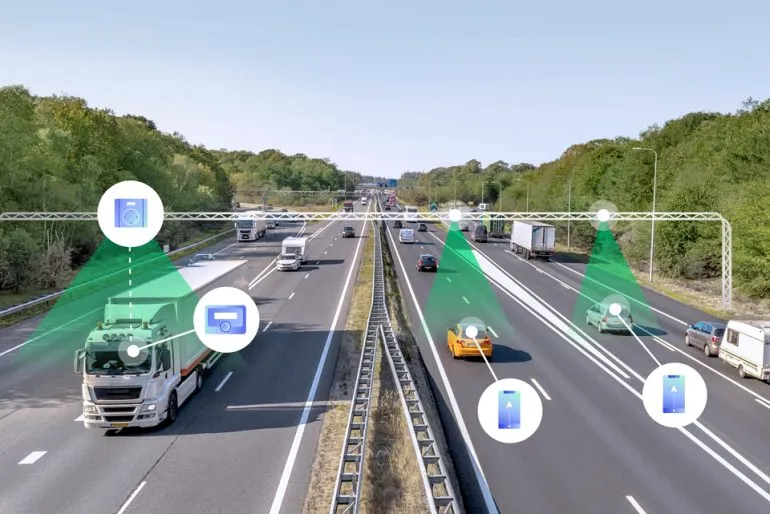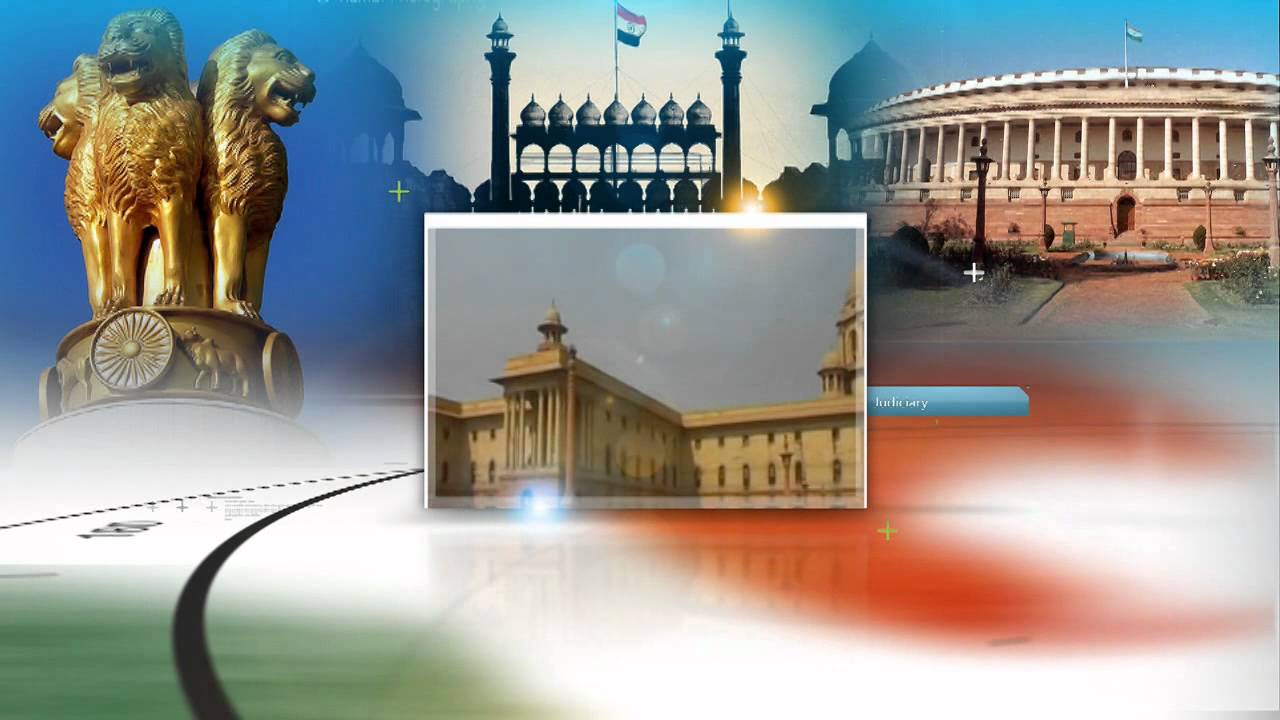Parliamentary Privileges
Context: In the 18th Lok Sabha, both the opposition and the ruling party have been accusing each other of violating parliamentary privileges by expunging proceedings(cease to exist in the records of Parliament and cannot be reported by media houses) and making inflammatory statements.
Parliamentary Privileges: Parliamentary privileges refer to the special rights, immunities, and exemptions enjoyed by the MPs alone and parliament as a whole .
Origin
- Originally, the original Constitution, under Article 105, explicitly mentioned two Parliamentary Privileges:
-
- Freedom of speech in Parliament, and
- Right of publication of its proceedings.
- With regard to other privileges, Article 105 provided that they were to be the same as those of the British House of Commons, its committees, and its members on the date of its commencement i.e. 26th January 1950, until defined by Parliament.
Categories of Privileges
Individual Privileges- Article 122
Those that are individually enjoyed by the members.
MP’s Have Freedom of Speech:within the House and cannot be sued or prosecuted for anything said or any vote given by him in the course of parliamentary proceedings.
Freedom from Arrest:In civil cases during the session of Parliament and 40 days before and after the session. However, this does not extend to criminal cases.
Exemption from Jury Service:
during the session of Parliament and while attending to their duties.
Collective Privileges -Article 105
Those that are collectively enjoyed by each House of Parliament.
- Right to publish its reports, debates, and proceedings.
- Right to exclude strangers from its proceedings
- Right to make rules to regulate its own procedure
- Right to punish members as well as outsiders for breach of its privileges
- The courts prohibited inquiring into the proceedings of a House.
- Publication of expunged proceedings.
Purpose:
- MPs/MLAs can freely express their opinions and participate in debates without fear of legal repercussions.
- The Houses can maintain their authority, dignity, and honour. This foster’s public trust and respect for the legislative process.
Breach of privilege: A breach of privilege is a violation of any of the privileges of MPs/Parliament. This may include publishing of news items, editorials or statements made in newspaper/magazine/TV interviews or in public speeches.
- Punishment in case of breach of privilege or contempt of the House:The house can ensure attendance of the offending person. The offending individuals were sentenced to simple imprisonment.
Concerns:
Codification of parliamentary privileges:
It refers to the process of formally defining and documenting the special rights, immunities, and powers of Members of Parliament (MPs) and the legislative bodies in written law.
Argument For Codification:
- Clarity and Transparency
- Judicial Interpretation:would help in resolving conflicts between parliamentary privileges and fundamental rights.
- Accountability and Oversight – A codified framework would introduce a structured approach to parliamentary privileges, promoting responsible exercise by parliamentarians
Arguments Against Codification
- Flexibility
- Complexity of Definition
- Constitutional Constraints – The proposal to codify parliamentary privileges violates Article 122, which limits judicial scrutiny over parliamentary procedures.
- Political misuse:It can be used to evade accusations or inquiries unrelated to legislative duties thus reducing accountability.
- Delays in legal proceedings: Legal proceedings involving legislators may be delayed compared to those involving regular individuals.
- Conflict with constitutional principles: Parliamentary privileges may sometimes conflict with other constitutional principles, such as equality before the law.
- For example, the privilege of immunity from arrest and legal process may be seen as giving members of parliament special privileges that are not available to other citizens.
- Lacks codification – Most of the privileges being based on conventions and precedents lack codification.





